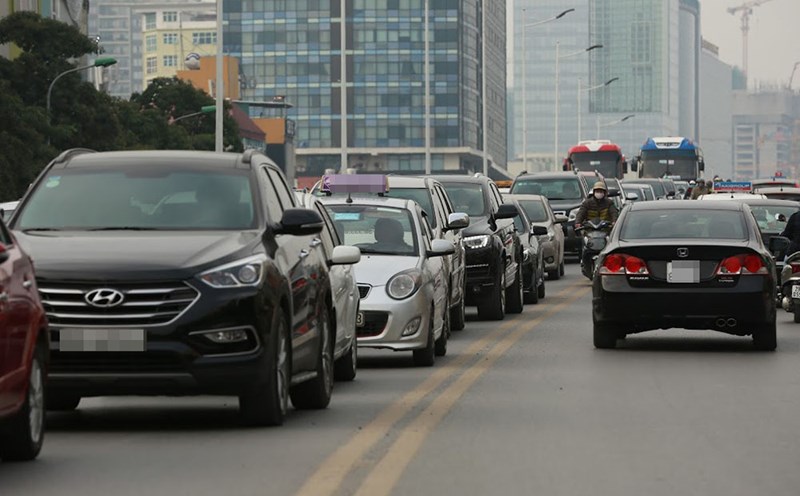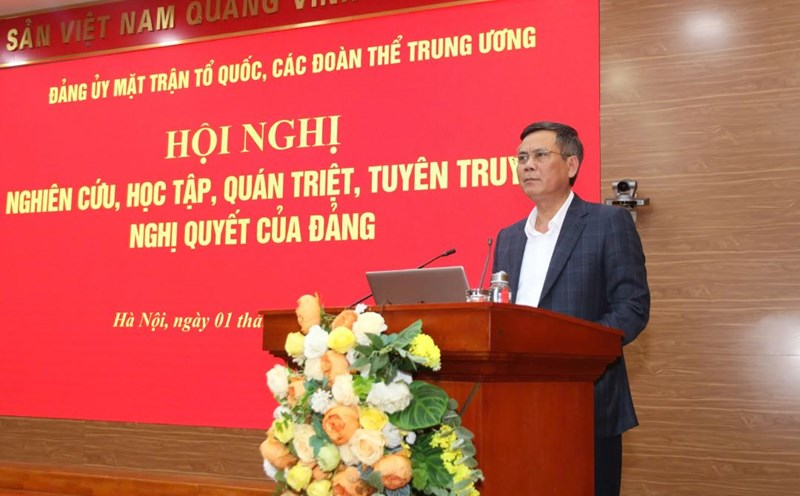According to the Hanoi People's Committee, after nearly a month of implementing Decree 168, although people's traffic awareness has improved, there are still many signs of subjectivity and recidivism.
Failure to obey traffic lights, driving in the wrong direction, and illegal parking are common, especially during rush hour.
On the other hand, the number of personal vehicles increases from 2% to 4% each year, leading to the risk of traffic jams and accidents.
To solve this situation, the Hanoi People's Committee proposed to increase traffic violation fines by 1.5-2 times for 107 groups of behaviors to build a civilized traffic culture, curb accidents and reduce traffic congestion pressure in the capital.
According to the Hanoi People's Committee, increasing the fine level at this time is a necessary measure, has a stronger deterrent effect, is suitable for the reality of a large urban area like Hanoi, and should be supported.
Furthermore, this increase in fines also has a solid legal basis as it is permitted by Article 33 of the Capital Law. And this is not the first time - at the end of December, the Hanoi People's Council passed a resolution to double the fine for food safety violations compared to current regulations.
However, what makes the public wonder is that in the proposed penalty regulations, one of the most painful behaviors and situations that has caused public outrage in Hanoi in recent times, as reported by the press, including Lao Dong, is illegal parking of cars on sidewalks, as per Decree 168. Meanwhile, Hanoi proposes a fine of 800,000 - 1,200,000 VND for motorbikes illegally parked on sidewalks.
Previously, Decree 168 stipulated that motorbikes running on the sidewalk (other than to enter a house or office) would be fined up to 4-6 million VND, while cars "climbing" the sidewalk would only be fined 1,000,000 VND.
Therefore, when Hanoi plans to severely punish 107 violations, not mentioning "cars illegally parked on the sidewalk" will create loopholes and unfairness, creating a feeling of bias for a group of violators.
To propose a new penalty that is truly deterrent and convincing, Hanoi should add this behavior, even increase it if possible, to protect the rights of pedestrians and urban order, as well as ensure the fairness and strictness of the law.
Another issue is that once the penalties for illegal parking are tightened, the need for parking in the inner city will certainly become more urgent. Therefore, in parallel with the penalties, Hanoi needs to soon have a plan for large-scale public parking lots, synchronized with the modern transportation network, encouraging people to use public transportation instead of private vehicles.
Only when sanctions come with adequate infrastructure, clear information and fair handling, will increasing fines by 1.5-2 times have maximum effect.












